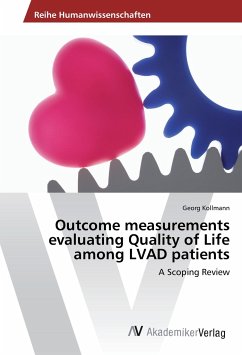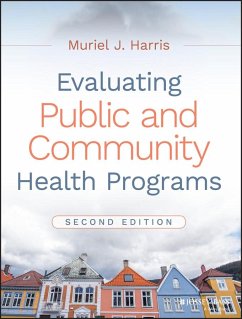
Evaluating the Quality of Cancer Care
Validity of California Cancer Registry Data for Measuring the Quality of Breast Cancer Care
Versandkostenfrei!
Versandfertig in 6-10 Tagen
32,99 €
inkl. MwSt.

PAYBACK Punkte
16 °P sammeln!
Policy makers, professional organizations, and patient advocates have called for systems to monitor the quality of cancer care. Cancer registries identify all patients diagnosed with cancer and collect information about their initial treatment. However, registry data are less accurate for ambulatory-based services than hospital-based services than ambulatory services. The more remote from the diagnostic hospital procedure, in both space and time, the less likely the registry is to have the information about the treatment. Cancer registries are uniquely situated to identify a population-based s...
Policy makers, professional organizations, and patient advocates have called for systems to monitor the quality of cancer care. Cancer registries identify all patients diagnosed with cancer and collect information about their initial treatment. However, registry data are less accurate for ambulatory-based services than hospital-based services than ambulatory services. The more remote from the diagnostic hospital procedure, in both space and time, the less likely the registry is to have the information about the treatment. Cancer registries are uniquely situated to identify a population-based sample of cancer patients and remain the best candidate to provide the infrastructure for measuring the quality of cancer care. A significant investment should be made to augment their data collection efforts so that they can reliably document cancer care delivered in the ambulatory setting.












